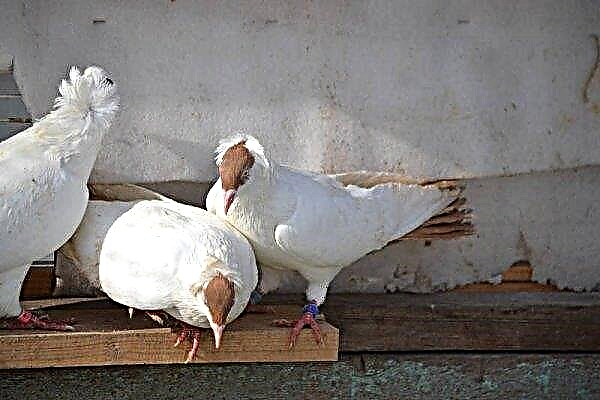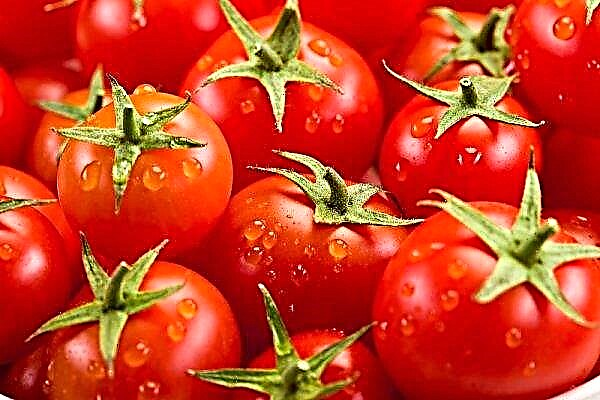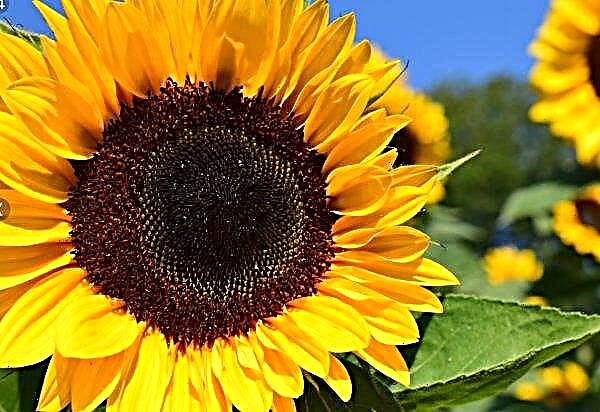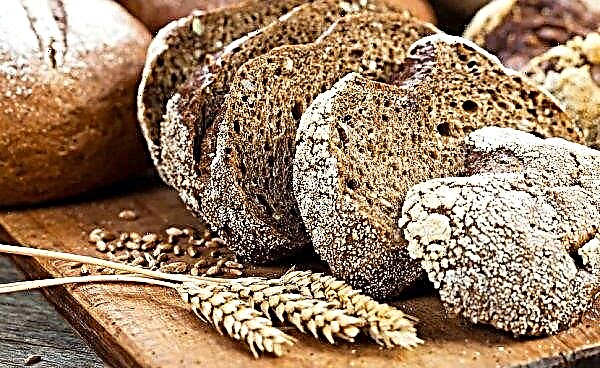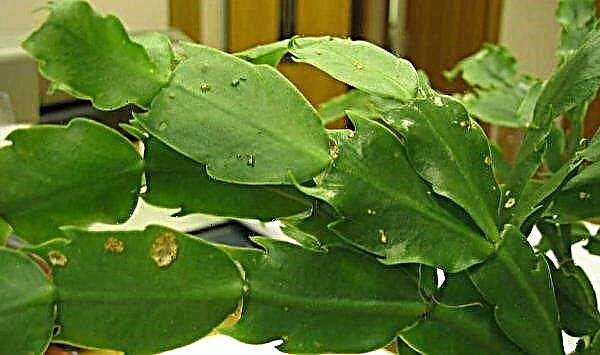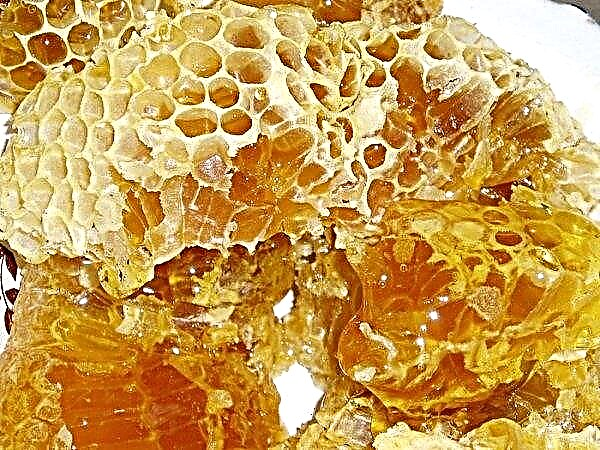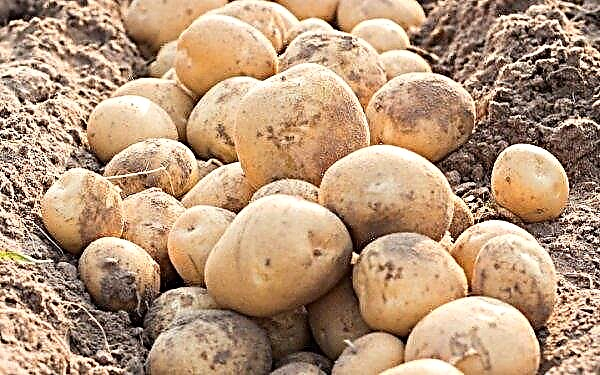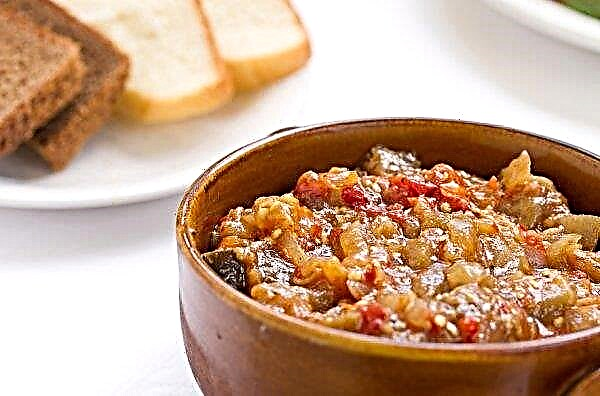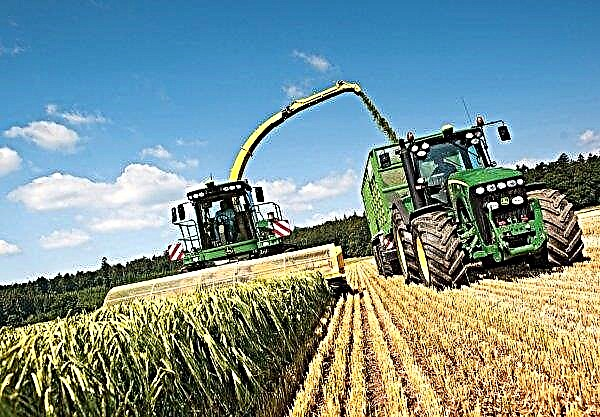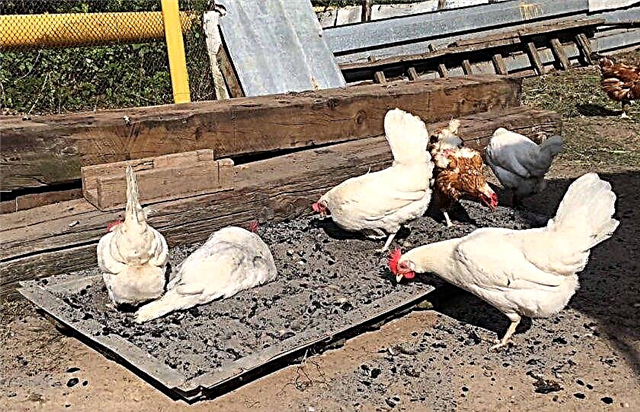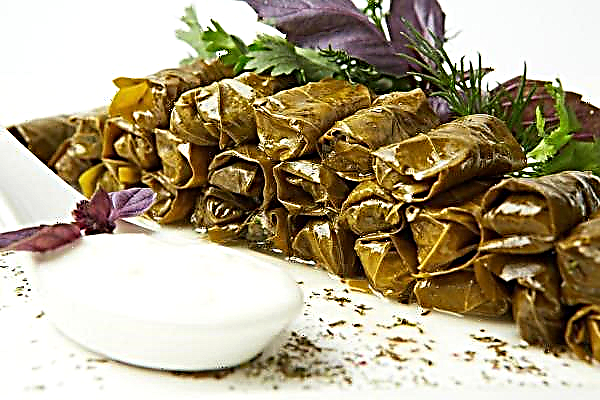Tunisia will be one of the pioneers in the global market for organic agriculture, said Tunisian Minister of Agriculture, Water Resources and Fisheries Samir Tayeb on Friday March 22.
“The area of organic agricultural land has increased from almost 216,000 hectares in 2012 to 336,000 hectares in 2018,” Tayeb said on the sidelines of a meeting of the National Commission on Organic Agriculture.
The minister said that Tunisia ranks 23rd in the world in this sector, adding that the country ranks first in the world among the regions where organic olives are grown. Samir Tayeb emphasized that highly regulated organic agriculture should be subject to strict rules.
“Over the past few years, the number of stakeholders in the organic agriculture sector has reached 8,000, and exports have increased by 28 percent,” the minister concluded. It should be noted that Tunisia is the smallest Arab state in North Africa with a population of over 10 million 600 thousand people. A third of the country is the Sahara desert. The basis of the country's economy is agriculture, which involves almost 25% of the total working population.
The main crops are wheat, barley, corn, oats and sorghum. Olives, oranges, figs, dates and grapes are grown for export. In addition, tomatoes, potatoes, melons, green chili peppers and other types of pepper, sugar beets, apricots and almonds are grown in the country. A special place in animal husbandry is occupied by sheep breeding, the cultivation of chickens and goats, considerable attention is paid to breeding cattle, horses and camels.

